Best plant in the world?
Today i will do a quick review of all the great uses for industrial hemp - you know, that non-psychoactive relative of marijuana that for myriad moronic reasons is more or less illegal to cultivate in the United States but not work with and sell. From clothing, to food, to fuel, to a whole host of consumer and building products, not to mention helping in cleaning up soil pollution, it's only slightly hyperbole to call hemp a wonder crop:
1. Clothing. Hemp's been used for textiles since forever. Samples of hemp fabric in China date back to 8,000 BC. Shedding the slightly rough and tough image it once had hemp has broken into the realms of high fashion has been mixed with silk for lingerie, as well as being applied to more obvious applications where it's durability is used to best advantage: Providing material for shoes, jeans and other tough sport clothing.
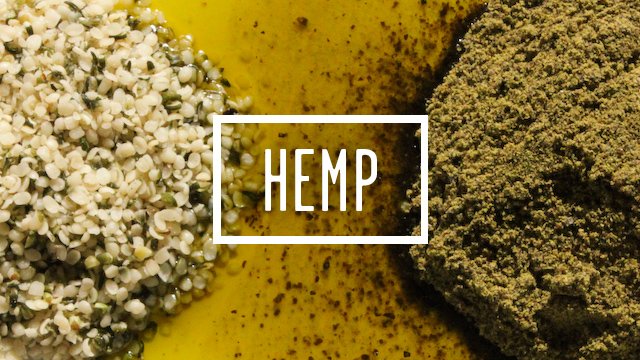

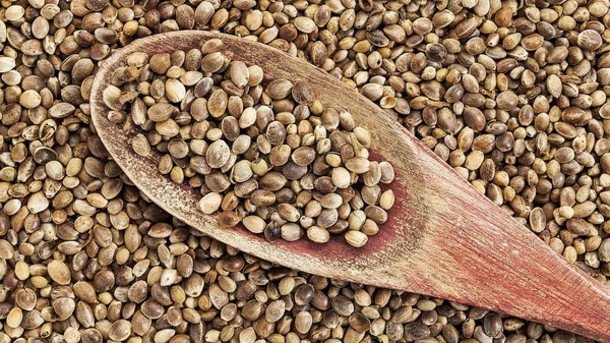
2. Food and beverages. About one third of hemp seed's weight comes from hemp oil, which is both edible but highly nutritious, containing essential fatty acids. The whole seed is about 25% protein, and is a a good source of calcium and iron, as well as having more omega-3 than walnuts--all of which point to hemp's potential for food and as a dietary supplement. But hemp also can be put to good use in iced tea and brewed into beer, fermented into wine, and distilled into other alcoholic beverages. There's a hemp milk too!

3. Paper. Hemp has been used for paper for at least 2,000 years, even though today hemp paper accounts for about only 0.05% of world paper production. Even though hemp is a far more quickly renewable and sustainable source of pulp for paper, because of the small number and relatively old age of processing equipment for hemp paper, help pulp ends up being several times more expensive than wood pulp.
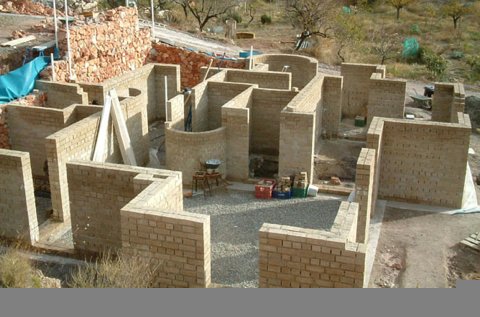
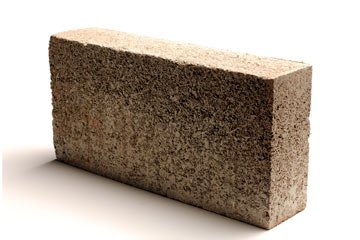
4. Building supplies. Hemp provides all sorts of good building materials. You can make it into insulation as companies in the Netherlands, Ireland and other countries are doing. It can be used to make engineered building products like fireboard and pressboard, and even be used to make hempcrete , a stronger, lighter, and more environmentally friendly version of concrete.
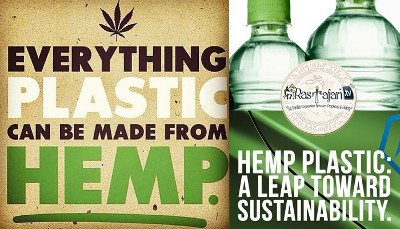
5. Plastics. Hemp is also a viable feedstock for plastics production. In the 1940s car companies try to implement hemp plastic into car production. More recently hemp has been made into shower curtain liners, CD & DVD cases, and all sorts of other products.
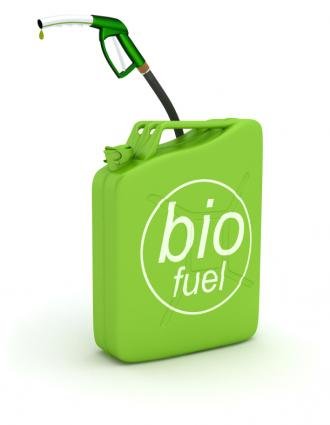
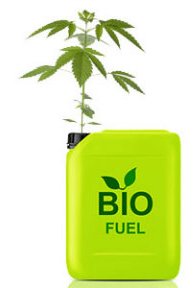
6. Fuel. Yes, you can make biofuel from hemp! Like pretty much any vegetable oil you can take hemp oil and process it into biodiesel. You still have all the concerns about conversion of land that could be used for food production into land used to fuel vehicles, but the biodiesel process is certainly solid. As cellulosic ethanol technology becomes more commercial viable--something seemingly just over the horizon for a couple of years now--there's no reason why you couldn't utilize hemp stalks or other leftovers as a feedstock. Considering all that, it stands to reason that hemp could also be utilized to make liquid fuels that are chemically identical to petroleum-based gasoline or diesel as well.
7. Chemical cleanup. One of the most intriguing uses for hemp is in cleaning up soil contamination. In the late 1990s industrial hemp was tested at the site of the Chernobyl nuclear disaster in Ukraine to help heal the soil. Because of its fast rate of growing each season, up to 250-400 plants per square meter each up to 15 feet tall, hemp shows goof potential in cleaning up land contaminated with fly ash, sewage sludge, or other heavy metals.
die möglichkeiten wären noch größer wenn ich non-psychoactive als erstes zuchtzihl stehen würde, sonder Ölertrag/ höhe/ wachstumsgeschwindikeit
The possibilities would be still greater if I would be non-psychoactive as first breed, but oil gain / height / growth speed
It is effective.. Thanks for share